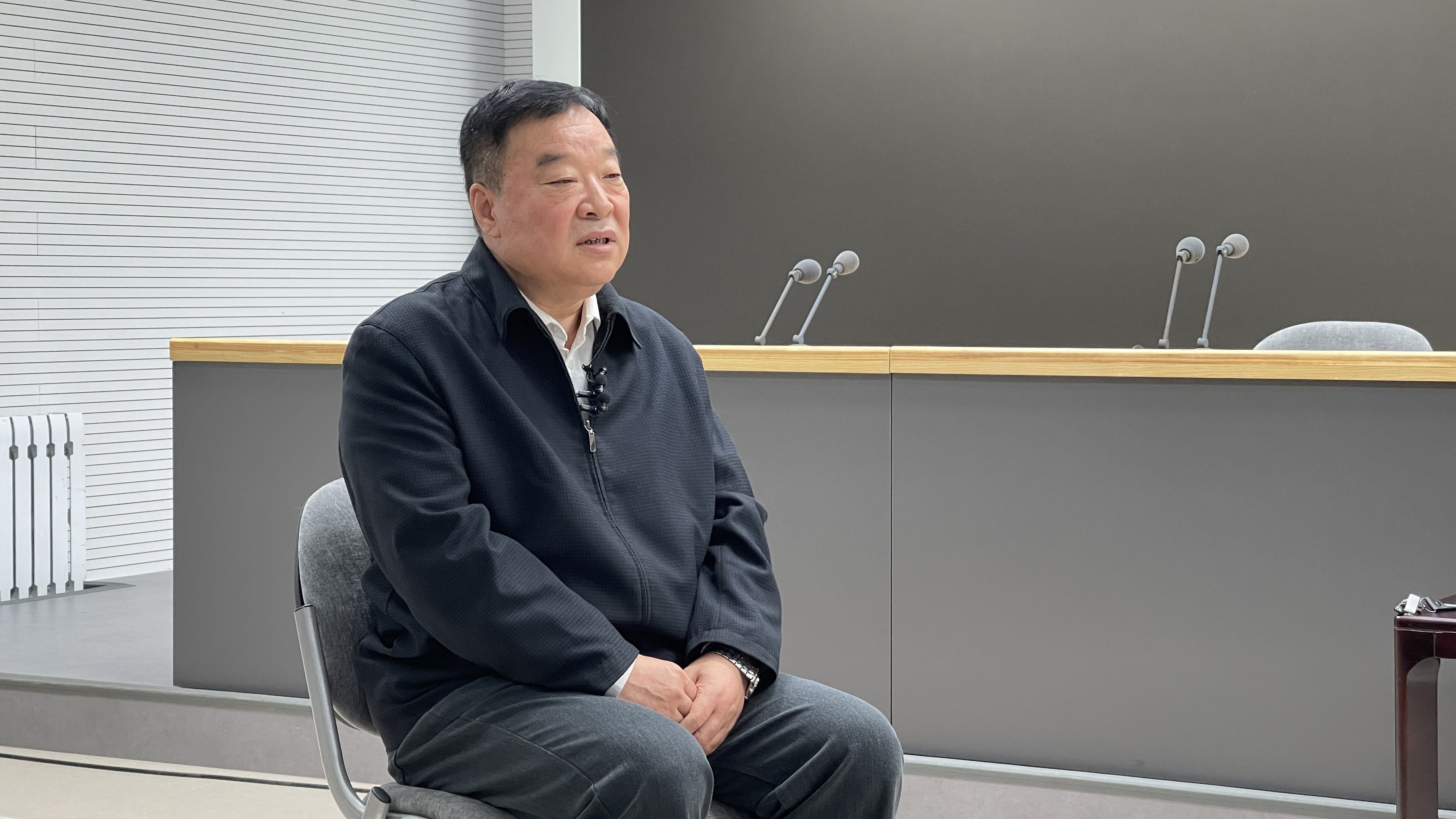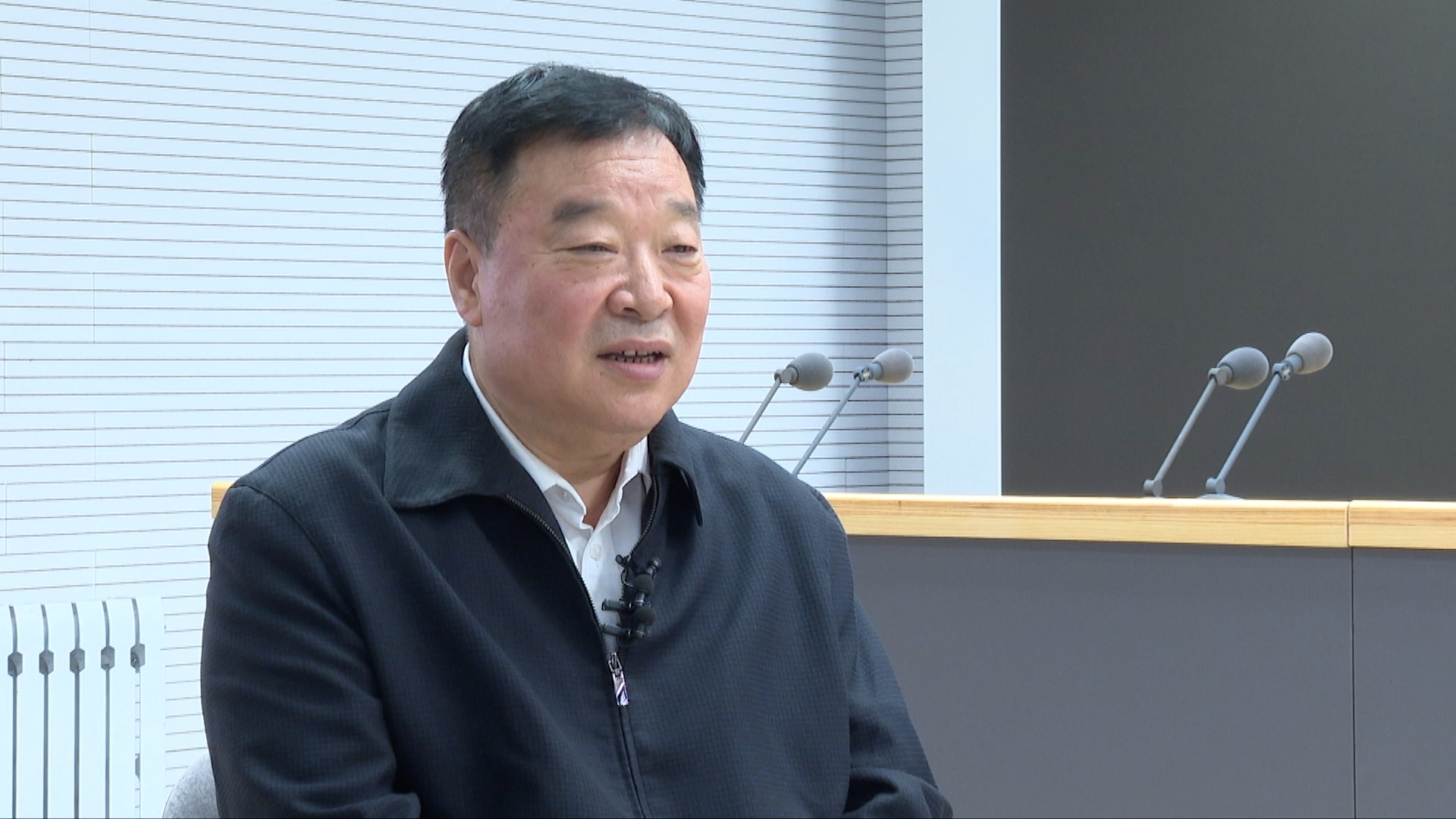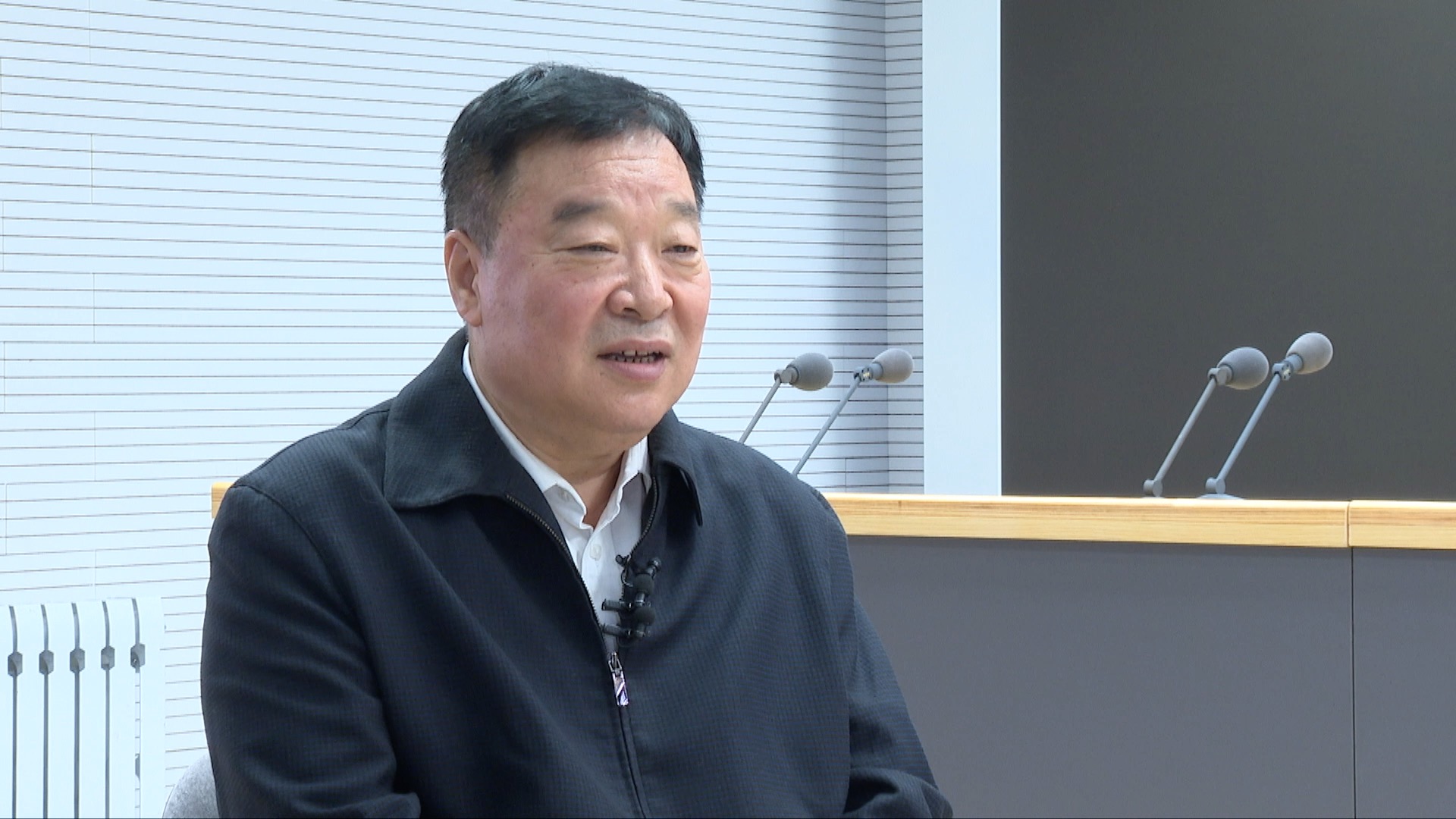02:14

The World Health Organization (WHO) announced COVID-19 is no longer classified as a Public Health Emergency of International Concern (PHEIC) on Friday following the advice of a panel of global health experts.
The adjustment does not mean the COVID-19 outbreak is over or the virus becomes harmless, but that we can effectively control the harm caused by it, said Liang Wannian, head of COVID-19 Response Expert Panel of China's National Health Commission.
Liang outlined three main criteria for what constitutes a PHEIC under international health regulations, which refers to a sudden and extraordinary event that can pose public health risk through rapid international spread, and requires concerted efforts and coordinated response among countries around the world.
01:18

Liang said the WHO's decision to downgrade the threat of the coronavirus comes at a time when the world has developed important knowledge of the virus and is better prepared for future outbreaks.
"Currently around the globe, the number of infections, hospital admissions and patients in ICUs continues to decline. Despite the fast mutation of the virus, its harm to people's health hasn't changed much. And through natural infection and active vaccination, the world has built up good population resistance, which we call an immune barrier," said Liang, adding that many countries have also strengthened their public health capacity during the past three years.
New changes to the world
The expert said that the change by the WHO will further boost the global recovery, as international exchanges are facilitated.
Countries can take targeted, non-mandatory measures according to their own conditions, he added.
"The restrictions on international transportation, trade and tourism will further be reduced. For China, it's also beneficial to economic and social development as it will be more convenient for multilateral cooperation," said Liang.
Prevention measures continue
01:17

"China will continue to protect vulnerable groups, especially the seniors, and step up efforts to vaccinate them as the latter has proven effective in preventing severe illness and death," said Liang.
He added that China will also continue to strengthen its clinical treatment capabilities, especially for critical illness.
China has already established a multi-channel monitoring mechanism as one of the measures for future prevention, added Shi Guoqing, deputy director of the Public Health Emergency Center of Chinese Center for Disease Control and Prevention.
"We've built a monitoring system in communities. Clinics and hospitals are reporting fever patients on a daily basis. We've selected some hospitals as pilots to conduct polymerase chain reaction tests for patients with acute respiratory infections. We also pay close attention to schools and nursing homes," said Shi.
The WHO first declared COVID-19 a public health emergency and gave it the highest level of alert on January 30, 2020.
(CGTN's Gao Yun also contributed to this story.)